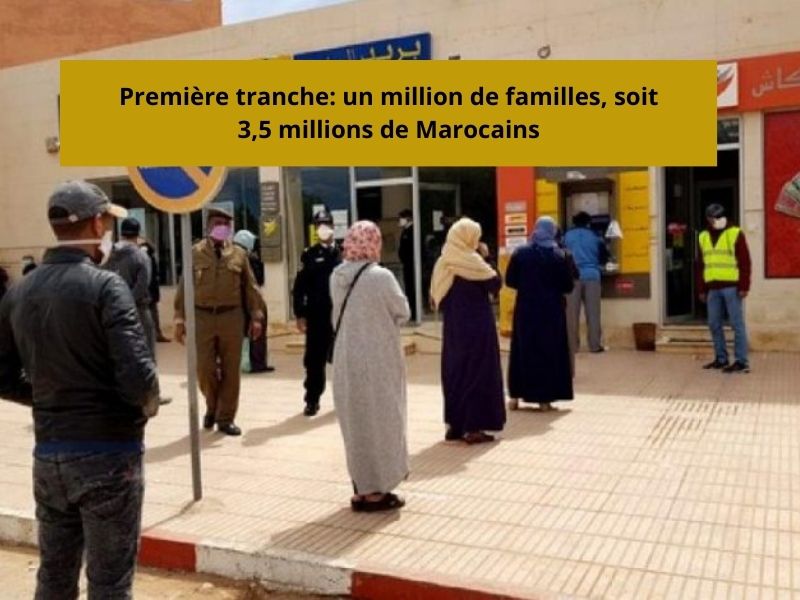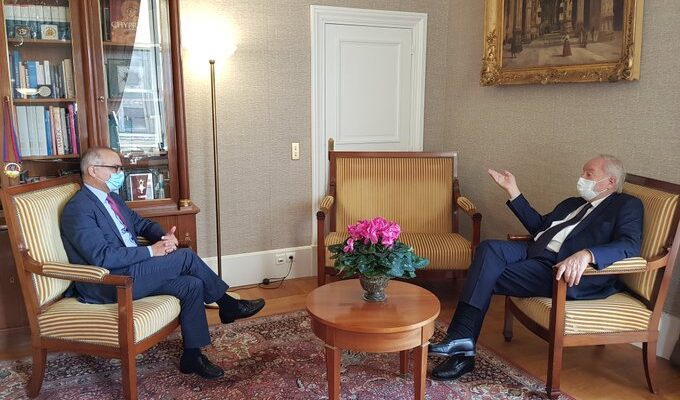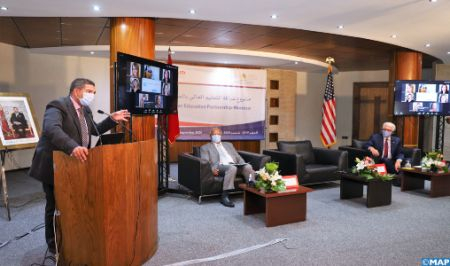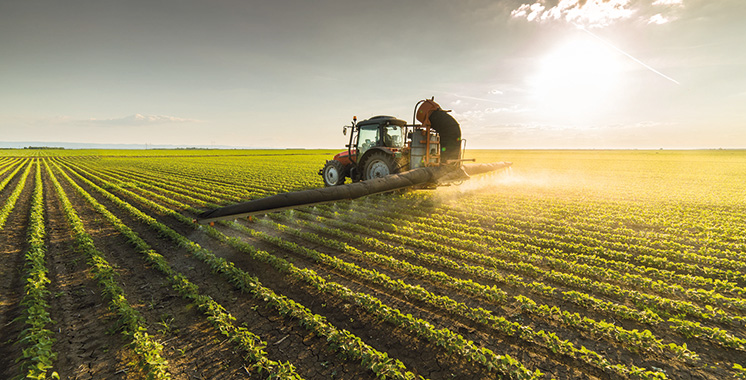Morocco has stepped up its extensive social reform program by introducing direct financial assistance for needy families.
As of this December 28, nearly one million families, or 3.5 million Moroccans, started receiving direct financial assistance for the first time. This long-awaited measure ensures a minimum amount of 500 dirhams (about 45 euros) per month, regardless of the family size.
The beneficiary families having met the eligibility threshold for the Unified Social Register after they submitted their applications before December 10 started benefitting from the first tranche of direct social assistance, as of December 28.
The rest of the families whose files have not been processed because their applications were submitted after Dec. 10 will receive their December and January payments at the end of January. Submitting applications remains open to families meeting the eligibility threshold, and will benefit from direct social assistance.
The program, part of a comprehensive social reform launched by King Mohammed VI in 2020, also includes the expansion of social coverage. The budget allocated to these initiatives, estimated at around 2.3 billion euros, reflects the government’s substantial financial commitment to this reform.
These targeted social measures, discussed for a decade without being implemented, aim to mitigate social disparities in Morocco. Concurrently, the country has undertaken to extend mandatory health coverage to the entire population, a process initiated in 2021. Initially reserved for civil servants and private sector employees, mandatory health insurance now benefits more than 3.8 million self-employed workers and their families.
Additionally, over 10 million disadvantaged people enjoy free health coverage, with the state covering the cost of their contributions. These social reforms come in the context of an economic situation marked by slowdown and profound inequalities within the population of 36 million inhabitants.
The forecasts of 2.7% growth and 6.1% inflation in 2023, according to the Central Bank of Morocco, highlight the challenges the country is facing.
Until now, social assistance was primarily indirect, with Morocco subsidizing certain basic consumer products (butane gas, sugar, vegetable oil) through a compensation fund. However, this fund is expected to undergo reform, the date of which has not yet been determined, to enable the implementation of targeted assistance for the most vulnerable populations.
2023 represents a pivotal year in the process of implementing the “Social State” projects and making available the financial resources to ensure their sustainability, whether in terms of the generalization of compulsory health insurance, direct social aid for families in poverty or precarious situations, or aid for the acquisition of primary housing.
Morocco also embarked on the reform of the education system, the main goal being the strengthening of the place and role of teachers, and improving their financial situation. In this connection, it has been decided to increase their monthly salary by 1.500 dirham minimum, the largest increase in the Kingdom’s history, which will cost the State’s finances more than 10 billion dirhams a year.
On the other hand, Morocco had succeeded in transforming the challenges created by the earthquake that hit the country on 8 September into opportunities, by overseeing the reconstruction and development operation in the affected provinces.
Thanks to the enlightened vision of King Mohammed VI, the government was able to manage this crisis with the required diligence and efficiency, and showed great resilience in the face of the various challenges.



